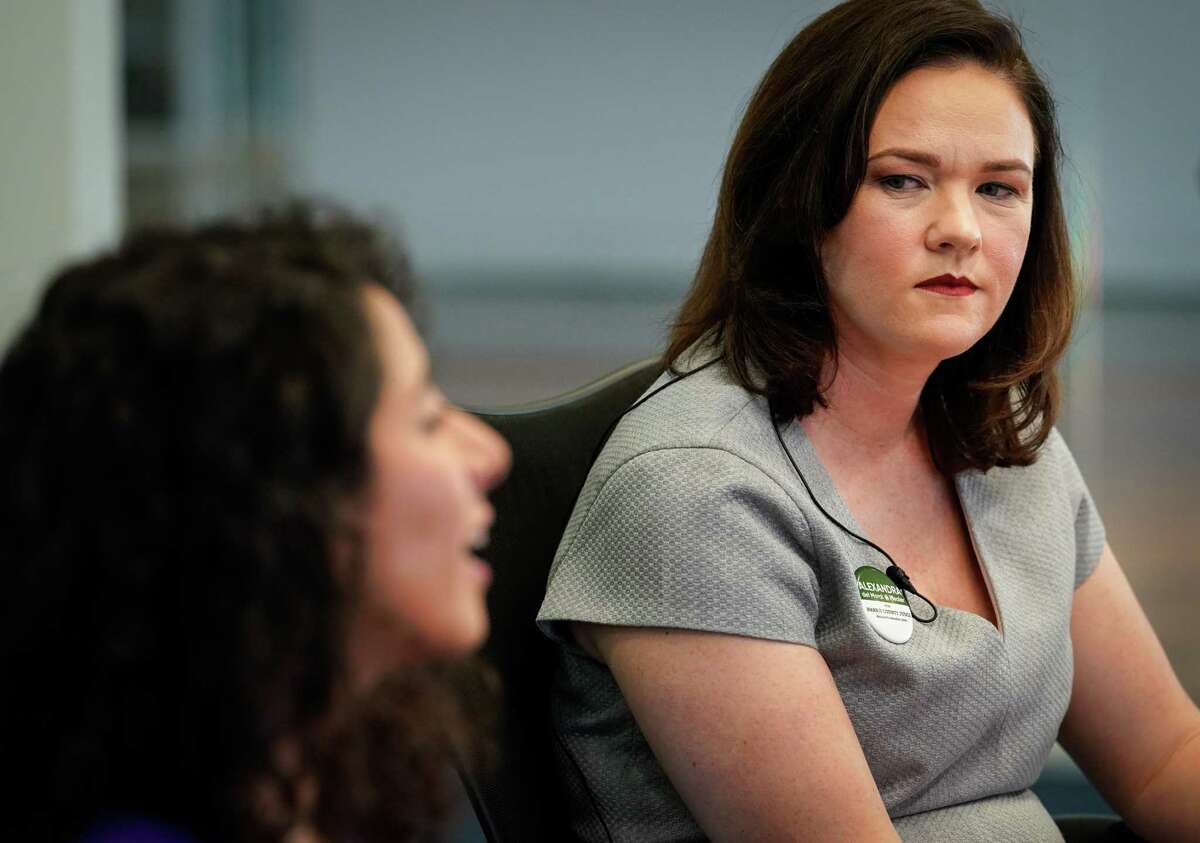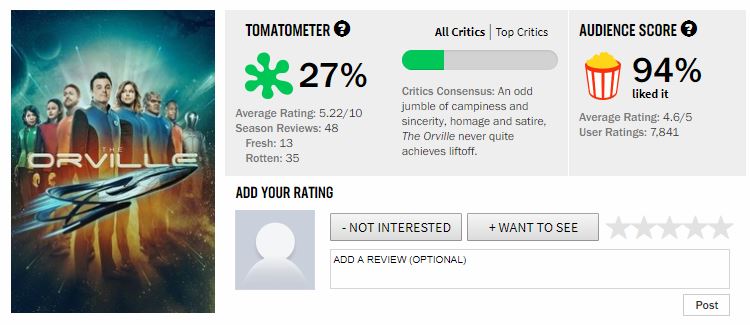The Next Papal Election: Analyzing The Leading Candidates

Table of Contents
Cardinal X: A Conservative Voice
Theological Stance:
Cardinal X is widely recognized for his emphasis on traditional doctrines and his unwavering commitment to conservative positions on various key issues.
- Views on Clerical Celibacy: Cardinal X has consistently upheld the mandatory celibacy for priests, emphasizing its historical significance and theological importance within the Catholic tradition. He has spoken out against any potential changes to this long-standing practice.
- Approach to Interfaith Dialogue: While advocating for respectful interfaith relations, Cardinal X maintains a firm stance on the uniqueness and primacy of Catholic teachings. His approach prioritizes dialogue rooted in Catholic doctrine, aiming to foster understanding while upholding the Church's identity.
- Stance on Social Justice Issues: Cardinal X's approach to social justice is informed by Catholic social teaching, emphasizing the importance of charity and personal responsibility. While supportive of initiatives addressing poverty and inequality, his focus remains on the moral dimension, emphasizing individual transformation alongside systemic reform.
His numerous writings, including his widely cited book The Pillars of Faith, clearly articulate his theological perspective, emphasizing the importance of adhering to established dogma and tradition. He has consistently reiterated in speeches and homilies the need for a strong adherence to traditional teachings and practices within the Church.
Pastoral Experience:
Cardinal X boasts extensive experience in diocesan administration, particularly in his long tenure as Archbishop of [Diocese Name]. His pastoral skills are highly regarded, reflecting a strong commitment to his flock.
- Successful Diocesan Initiatives: He oversaw the successful implementation of several diocesan initiatives, including [mention specific examples, e.g., a comprehensive youth outreach program, a significant fundraising campaign for charitable works].
- Working with Marginalized Communities: He has demonstrated a deep commitment to serving marginalized communities within his diocese, particularly [mention specific groups, e.g., the homeless, refugees]. His efforts have resulted in tangible improvements in the lives of many vulnerable individuals.
His tenure as Archbishop is marked by increased church attendance and heightened community engagement, showcasing his effective pastoral leadership.
Strengths and Weaknesses:
Cardinal X's strengths lie in his strong theological grounding, proven leadership abilities, and his ability to inspire loyalty within conservative factions of the Church. However, his unwavering adherence to traditional views might be perceived as inflexibility by some, potentially alienating more progressive elements within the Church. Some might argue that his focus on traditional doctrines overshadows his engagement with contemporary challenges, while others would see this as a strength, emphasizing the importance of maintaining core principles.
Cardinal Y: A Progressive Advocate
Theological Stance:
Cardinal Y is known for his advocacy for a more inclusive and progressive approach to Church governance and social issues.
- Views on Women's Roles in the Church: Cardinal Y has openly supported greater inclusion of women in leadership roles within the Church, advocating for expanded opportunities for women in decision-making positions.
- Approach to LGBTQ+ Issues: He has called for a more compassionate and welcoming approach to LGBTQ+ individuals, promoting pastoral care and challenging discriminatory practices.
- Stance on Environmental Concerns: Cardinal Y is a strong advocate for environmental stewardship, emphasizing the Church's moral obligation to protect creation and address climate change.
His writings and public statements, including his influential book, A Church for the Future, clearly articulate his belief in a more inclusive and socially engaged Church. He consistently champions the need for the Church to adapt to the changing world while maintaining its core values.
Pastoral Experience:
Cardinal Y's experience is characterized by his work in diverse international contexts, demonstrating exceptional adaptability and cross-cultural sensitivity.
- Intercultural Dialogue and Community Building: His work in [mention specific regions or countries] exemplifies his successful approach to intercultural dialogue, fostering bridges between different communities and promoting religious harmony.
- Community Outreach Programs: He initiated and led several successful community outreach programs focusing on [mention specific initiatives, e.g., providing education and healthcare in impoverished regions].
This extensive international experience has equipped him to navigate complex global challenges, demonstrating an ability to work effectively in diverse cultural settings.
Strengths and Weaknesses:
Cardinal Y's strengths lie in his ability to bridge divides, appeal to a broader range of Catholics, and his commitment to addressing contemporary social issues. However, his progressive views might face opposition from more conservative factions within the Church, potentially creating internal conflict and hindering his ability to unite diverse perspectives.
Key Factors Influencing the Papal Election
Geographic Representation:
The College of Cardinals considers geographic representation to ensure a Pope who can effectively address the diverse needs of the global Catholic community. A candidate's background and experience with specific regions often play a crucial role.
Age and Health:
The papacy is a demanding role, requiring physical and mental stamina. The cardinals carefully consider the candidates' age and overall health when making their decision.
Current Global Challenges:
Pressing global issues, including climate change, poverty, and political unrest, will inevitably shape the cardinals' considerations. The election will likely reflect the Church's priorities in addressing these complex global challenges.
Conclusion:
The next Papal election presents a critical juncture for the Catholic Church. Understanding the potential leading candidates, their theological viewpoints, and their pastoral experience is crucial to comprehending the direction the Church might take in the coming years. While predicting the outcome is impossible, analyzing the strengths and weaknesses of potential candidates, such as Cardinals X and Y, provides valuable insight. This in-depth look at the Papal Election candidates helps us better understand the complexities and implications of this significant event. To stay updated on the latest developments and analyses leading up to the next Papal Election, continue to follow our blog for further insights and commentary.

Featured Posts
-
 L Absence De Chantal Ladesou Dans Qui Rit Sort Les Coulisses Revelees
May 12, 2025
L Absence De Chantal Ladesou Dans Qui Rit Sort Les Coulisses Revelees
May 12, 2025 -
 Belal Muhammad Vs Jack Della Maddalena Ufc 315 Fight Prediction And Best Betting Odds
May 12, 2025
Belal Muhammad Vs Jack Della Maddalena Ufc 315 Fight Prediction And Best Betting Odds
May 12, 2025 -
 Jay Kelly Ola Osa Prepei Na K Serete Gia Tin Nea Tainia Toy Netflix
May 12, 2025
Jay Kelly Ola Osa Prepei Na K Serete Gia Tin Nea Tainia Toy Netflix
May 12, 2025 -
 John Wick Franchise Why Chapter 4s Low Rotten Tomatoes Score Doesnt Matter
May 12, 2025
John Wick Franchise Why Chapter 4s Low Rotten Tomatoes Score Doesnt Matter
May 12, 2025 -
 Get Tales From The Track Tickets Win With Relay
May 12, 2025
Get Tales From The Track Tickets Win With Relay
May 12, 2025
